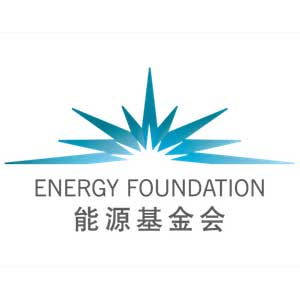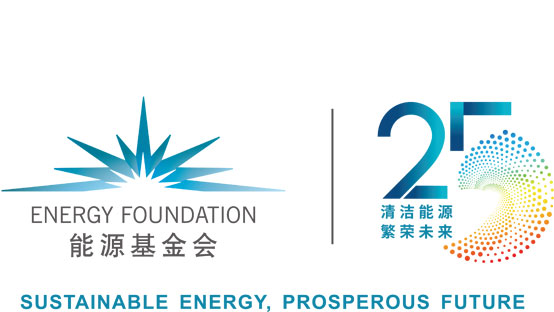The Low-carbon Transformation of the Chinese Economy (Part 1)
Low-carbon development is not an abstract concept in a world beset with extreme weather events brought about by climate change. It comes into being against a specific socio-economic background: being at a certain socio-economic development stage, endowed with a certain amount of energy resources and a required level of technological development and innovation. And there must be a high level of social awareness of related issues. In essence, it’s about a development model that maximizes carbon productivity, after taking into consideration of value judgment and institutional capacity.
Within the framework of traditional economic growth theory pioneered by Robert Solow and others, there is no consideration of external environmental factors such as climate change and the environment in general. However, economists worldwide have made great strides with scientific observations and theoretical developments on such factors since the 1970s and 1980s. There is growing evidence that the impact of climate change on socio-economic growth potential is significant and highly visible.
With this knowledge, it is of extreme importance to incorporate climate change into the framework of economic growth theory and conduct studies on sustainable development of the global economy in the long run.
On October 8, 2018, the Royal Swedish Academy of Sciences awarded the Nobel Prize in Economics to William Nordhaus and Paul Romer, both American economists. Nordhaus was rewarded for “integrating climate change into long-term macroeconomic analysis,” the academic contribution he made decades ago.
As the most important pioneer and founder of climate change economics, Nordhaus came from a background of mainstream economics. But since the 1970s, he has been made keenly aware of the fact that the atmosphere only has limited capacity to absorb greenhouse gases and the greenhouse effect can have an external impact at a global level, potentially destroying the foundation of economic development and human survival. As a result, Nordhaus gradually turned his research focus to the field of climate change economics, which was receiving very little attention back then.
His subsequent research pointed toward the same direction: incorporating economics and environmental factors into an integrated framework for analysis. The logic is that operation of the economic system produces carbon dioxide emission, and this emission results in climate change and economic loss. The loss in turn generates feedback to the economic system.
Nordhaus pioneered a framework of inter-temporal cost-benefit analysis for climate change issues, enabling a trade-off analysis of the costs and benefits of climate change and related responses.
In fact, in the 1960s and 1970s, a large number of seminal works on resource and environmental economics, including the economics of climate change, came into being. This was due to increasingly prominent and visible environmental problems as the West began to enter into a period of post-industrialization. Climate economics greatly influenced China’s course of action in its preparation of the Paris Agreement negotiations and the development of its national strategies and policies for addressing climate change.
Looking through the lens of environmental economics, China, as the largest developing country in the world experiencing rapid industrialization and urbanization, has been facing great pressures in its transformation in recent years. Various kinds of new bottlenecks, changes, and trends in developments have demonstrated that the old path of relying on inputs of factors of production in supporting rapid economic growth is now at a dead-end.
Hopefully, China is in a position to shift to a stage of development that relies on advanced knowledge, technology, and governance to improve efficiency and support growth, thereby reducing the social cost of over-consuming natural resources. The transformation is necessary so that future generations can inherit an intact natural environment in order to further develop and prosper.




